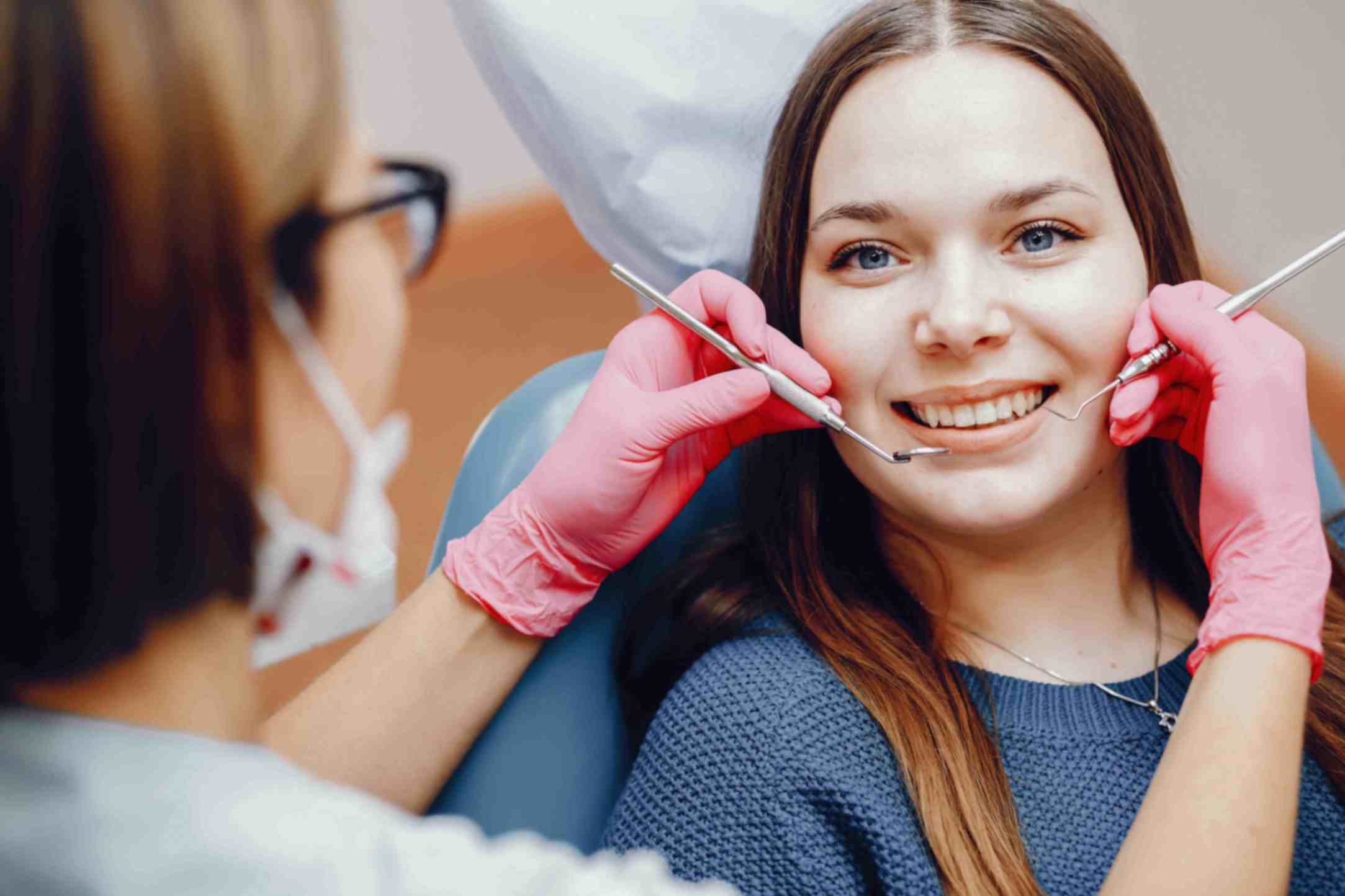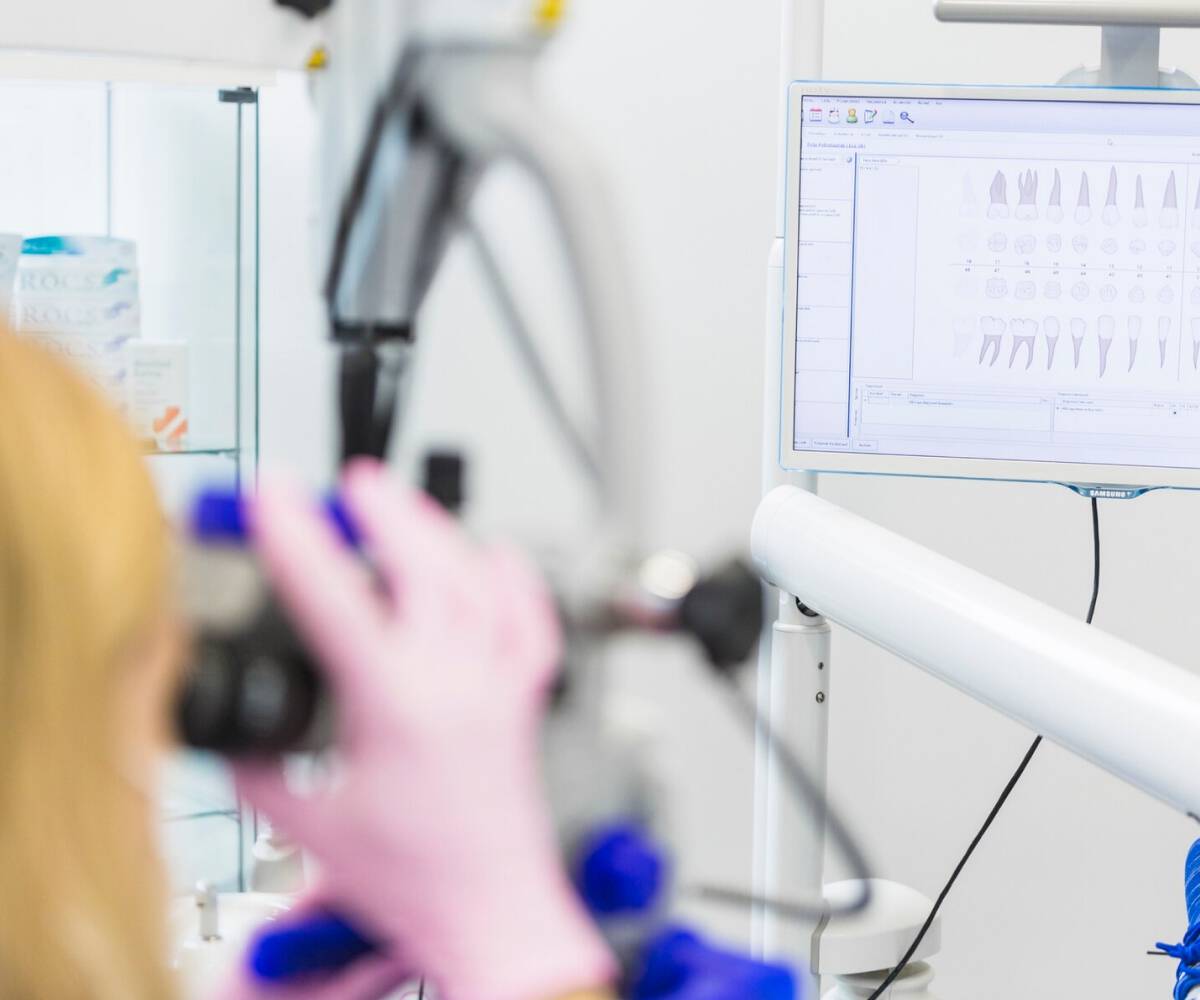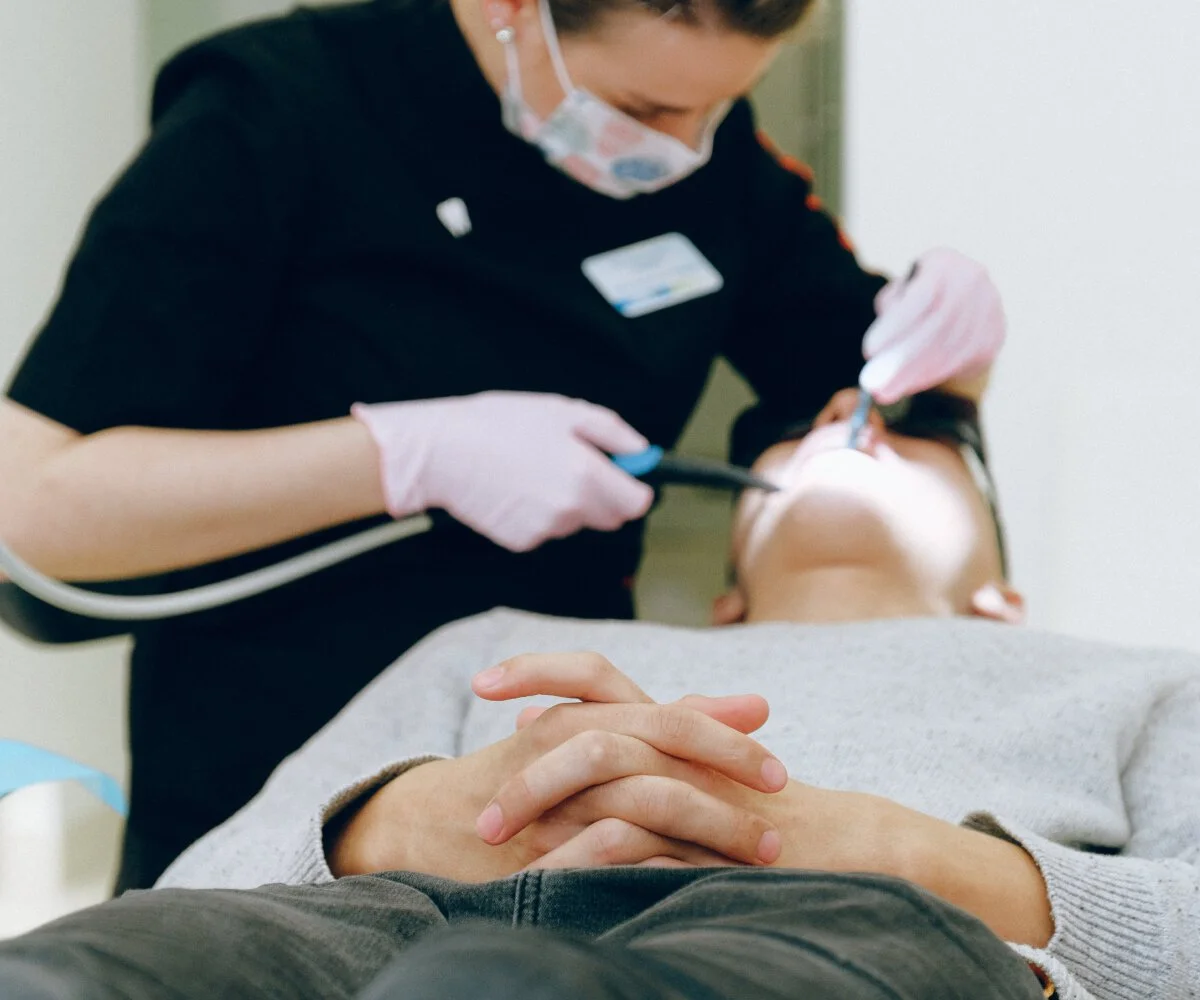AI Dental Hygiene: Revolutionizing Oral Health Care
Advancements in technology have paved the way for significant changes in various industries, and the field of dental hygiene is no exception. The integration of Artificial Intelligence (AI) has transformed the way dental practitioners approach patient care and oral health management. This article delves into the pivotal role of AI in dental hygiene, its impact on oral health diagnosis, the incorporation of AI technology into dental practice, its potential to improve patient care and systemic health, as well as the future prospects it holds for the dental industry.
What is the Role of AI in Dental Hygiene?
The utilization of AI in dental hygiene marks a paradigm shift in the standards for clinical dental hygiene practice. AI plays a pivotal role in revolutionizing dental practice and significantly impacts the work of dental hygienists and dentists alike. Its integration has brought about a myriad of benefits, including enhanced diagnostic capabilities, streamlined treatment planning, and improved patient care.
How is AI Revolutionizing Dental Practice?
AI technology has revolutionized dental practice by offering invaluable support to dental clinicians in their daily decision-making processes. Through the use of AI, dental providers can leverage advanced algorithms to analyze various factors, such as patient history, oral health trends, and clinical data, to deliver personalized care and treatment plans.
Benefits of AI Integration in Dental Hygiene
The incorporation of AI in dental hygiene presents a myriad of benefits, including improved accuracy in diagnosis, enhanced patient care, and more efficient workflow management. AI technology allows for the early detection of dental caries and periodontal disease, enabling timely interventions and improved oral health outcomes.
How AI Technology Aids in Oral Health Diagnosis
The introduction of AI technology has significantly improved the early diagnosis and management of various oral health conditions. By harnessing the power of AI, clinicians can leverage advanced tools for the early detection of dental caries and periodontal disease, ultimately leading to enhanced patient outcomes and improved oral health.
Utilizing AI for Early Detection of Dental Caries
AI algorithms have proven to be instrumental in the early detection of dental caries, enabling clinicians to identify and address potential oral health issues at their onset. By analyzing dental imaging software and patient data, AI assists in identifying areas of concern, allowing for prompt intervention and personalized care.
AI's Role in Identifying and Managing Periodontal Disease
AI technology plays a critical role in identifying and managing periodontal disease by analyzing clinical data and radiographs to assess the extent of periodontal damage. This enables clinicians to formulate comprehensive treatment plans tailored to the specific needs of each patient, thereby improving periodontal health outcomes.
Enhancing Patient Care through AI-Driven Treatment Planning
AI-driven treatment planning facilitates an individualized approach to patient care, wherein clinicians can develop personalized treatment regimens based on AI-generated insights. This enhances the overall patient experience and contributes to improved treatment outcomes for a diverse range of oral health conditions.
Incorporating AI Technology into Dental Hygiene Practice
The incorporation of AI technology into dental hygiene practice holds immense potential for enhancing patient care, improving clinical outcomes, and streamlining practice operations. By leveraging AI applications, dental teams can elevate the standards of care and optimize treatment planning and delivery.
AI Applications for Radiograph Analysis in Dental Care
AI facilitates detailed radiograph analysis, aiding clinicians in accurate diagnosis and treatment planning. By leveraging AI-powered tools, clinicians can efficiently interpret radiographic images, leading to precise identification of oral health issues and enabling targeted interventions.
Utilizing AI for Patient Education and Promoting Oral Health
AI technology can be harnessed to personalize patient education, providing individuals with tailored oral health information and guidance. By leveraging AI-driven educational resources, hygienists and clinicians can empower patients to adopt proactive oral hygiene practices and make informed decisions about their oral health.
How AI Assists Dentists and Hygienists in Decay Prevention
AI enables dentists and hygienists to proactively address decay prevention by analyzing patient data and identifying individuals at higher risk of developing dental caries. Through AI-driven insights, clinicians can develop targeted preventive strategies and interventions, ultimately mitigating the incidence of decay and promoting optimal oral health.
Improving Patient Care and Systemic Health with AI
AI's impact extends beyond oral health diagnosis and treatment planning, encompassing the broader realm of patient care and systemic health. By harnessing AI technology, dental practitioners can offer personalized care, leverage machine learning algorithms, and gain insights into the intricate relationship between oral and systemic health.
Role of AI in Personalized Treatment Planning
AI plays a pivotal role in personalized treatment planning, facilitating the development of tailored care regimens that align with the unique needs and preferences of each patient. Through AI-driven insights, clinicians can optimize treatment plans, leading to improved patient satisfaction and clinical outcomes.
Enhancing Dental Hygiene Practice with Machine Learning Algorithms
Machine learning algorithms integrated into dental hygiene practice streamline decision-making processes, support clinical decision support systems, and enhance the overall quality of care. By harnessing the power of AI-driven algorithms, clinicians can gain valuable insights, leading to more effective patient care and improved practice efficiency.
Understanding the Relationship between Oral and Systemic Health through AI
AI enables dental practitioners to gain a deeper understanding of the intricate relationship between oral and systemic health. By leveraging AI technology, clinicians can uncover correlations between oral health indicators and systemic conditions, thereby enhancing the holistic care and well-being of their patients.

Future Prospects: AI's Impact on Dentistry and Hygiene
The future of dentistry and dental hygiene is intertwined with the continued advancements in AI technology. As the capabilities of AI expand, its impact on patient care, dental provider-patient communication, periodontitis management, and the evolution of hygienist roles in dental practices are poised to reshape the landscape of oral health care.
AI's Potential in Revolutionizing Dental Provider-Patient Communication
AI holds significant potential in revolutionizing dental provider-patient communication by offering personalized, AI-driven communication and educational interfaces. These advancements can enhance patient engagement, improve health literacy, and foster a collaborative approach to oral health management.
Developing AI Systems to Aid in Periodontitis Management
The development of AI systems tailored for periodontitis management promises to revolutionize the treatment approaches for periodontal disease. AI-driven solutions can optimize treatment planning, facilitate early detection, and support periodontal care, ultimately improving the outcomes for patients with periodontitis.
Exploring the Integration of AI with Hygienist's Role in Dental Practices
The integration of AI with hygienist roles in dental practices holds significant promise for enhancing the quality of care and extending the scope of dental hygiene practice. By leveraging AI technology, hygienists can optimize patient education, treatment planning, and preventive care initiatives, ultimately contributing to comprehensive oral health management.
Conclusion
Revolutionize dental hygiene with Craniocatch—a cutting-edge artificial intelligence solution for dentistry. Elevate patient care, streamline processes, and ensure precision in diagnostics and treatment planning. Experience the future of oral health with AI-powered dentistry hygiene.
FAQ
What is dental artificial intelligence (AI)?
Dental AI refers to the application of AI and machine learning in the field of dentistry, specifically for tasks such as patient care, diagnosis, and treatment planning. It is designed to assist dental providers, including hygienists, in delivering more efficient and effective care to patients.
How can AI benefit the dental industry?
AI can provide valuable support to dentists and hygienists by using advanced technology to analyze oral health needs, identify patterns of periodontitis and dental caries, and assist in providing appropriate care to patients. It can also streamline administrative tasks and improve patient-centered care.
How is AI helping dentists and hygienists in patient care?
AI is being used to assist dental providers in optimizing their time with patients, allowing them to focus on providing personalized care and education. With technologies like natural language processing, AI can help hygienists engage in meaningful conversations and address oral health concerns effectively.
What are the potential applications of AI in dental hygiene?
AI can be applied in various areas, such as oral cancer detection, identifying signs of bone loss, addressing low health literacy among patients, and enhancing the use of dental practice software to improve clinical workflows and patient outcomes.
How is technology impacting the practice of dental medicine?
Technology is revolutionizing dental medicine by empowering hygienists and other providers to deliver more precise and personalized care. With AI, hygienists can leverage data-driven insights to tailor appropriate treatments and interventions for each patient.
What role does AI play in dental education and training?
AI is also influencing the education and training of dental professionals. It is being integrated into the curriculum of dental schools and hygiene programs to prepare future practitioners to efficiently utilize technology in providing comprehensive care to their patients.
Can AI support hygienists in managing patient records and data?
Yes, AI can also be used to streamline the management of patient records, automate documentation processes, and assist hygienists in organizing and analyzing clinical data for better patient outcomes.
How can technology help hygienists in delivering appropriate care to patients?
Technology can help hygienists by providing data-driven insights that enable them to tailor individualized care plans, improve communication with patients, and address underlying oral health issues, ultimately contributing to better treatment outcomes.
How can AI and machine learning contribute to the future of dental hygiene?
AI and machine learning hold the potential to transform the future of dental hygiene by enabling hygienists to leverage data-driven insights to provide more personalized, efficient, and effective care. This includes tailoring treatments, enhancing patient education, and addressing oral health disparities.
If you are interested in Dental Hygiene, take a look at our article on Artificial Intelligence in Oral Health.





 Contact Us
Contact Us

